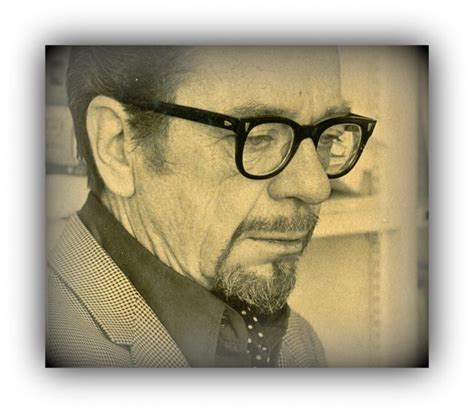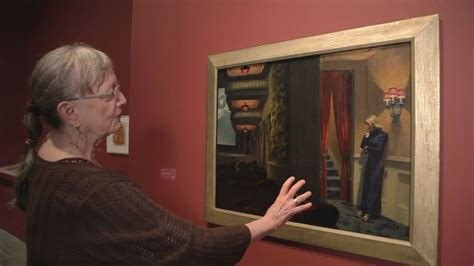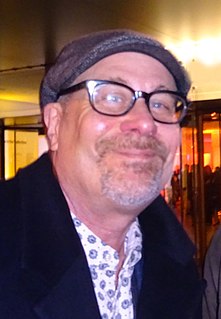A Quote by Adam Rapp
Some of the greatest works of theater, from Chekov's work to modern playwrights', consist of just a few people in a room with no one leaving.
Related Quotes
I think more than anything, you should do what you love. If you love classical playwrights, seek out companies or places that are doing that. If you love modern playwrights, try to find groups who are writing new plays or working on new plays. If you love television, watch as much theater and film as you can.
A lot of times, people think of Asian culture as some mythical world instead of modern people with modern occupations with modern problems, modern tools. Like, we're not all just talking Taoism and kung fu - some people are just trying to get over their breakup with their boyfriend, and they're Facebook-stalking.
About four years ago I made a list, for my own amusement, of the playwrights, the contemporary playwrights, by whom critics said I'd been influenced. I listed twenty-five. It included five playwrights whose work I didn't know, so I read these five playwrights and indeed now I suppose I can say I have been influenced by them. The problem is that the people who write these articles find the inevitable similarities of people writing in the same generation, in the same century, and on the same planet, and they put them together in a group.
Chicago theater vs. New York theater. There's just nothing to say about it really. If you've seen Chicago theater, you know that the work is true to what is there on the page. It's not trying to present itself with some sort of flashy, concept-based thing. It's about the work, and it's about the acting you're about to watch. So acting-based theater feels like it was born there to me.






































